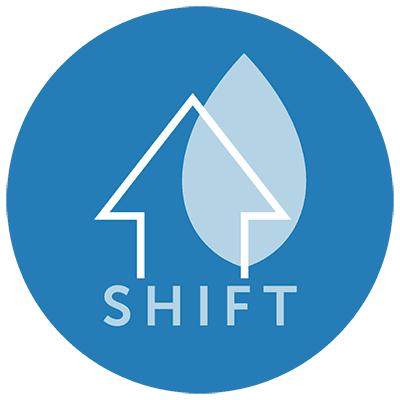UK Government recently requested feedback via a consultation on the regulation of climate-related financial disclosures by public quoted companies, large private companies, and Limited Liability Partnerships (LLPs).
Climate change poses one of the greatest threats to businesses, financial institutions and individuals with both physical climate-related risks and transitional risks (i.e. market, policy, technology changes) as a result of a low-carbon economy transition. Understanding these risks will ensure businesses can make better-informed financial decisions by:
- Assessing material risks
- Understanding opportunities arising to aid in the transition to net-zero
- Improve behaviours of companies and their stakeholders
At present, disclosure of climate-related financial information is voluntary- albeit growing in quality and quantity [1]. UK Government is aiming to be the first G20 country to make these disclosures mandatory across the economy with the adoption of Task Force on Climate-related Financial Disclosure (TCFD) recommendations by 2022 [2].
TCFD have developed a framework involving four core elements of recommended climate-related financial disclosures. The recommendations aim to promote organisational changes and addresses a businesses’ Governance, Strategy, Risk Management and Metrics & Targets regarding climate-related risk. It ensures adoption of climate considerations at senior level engagement, clear knowledge of short, medium and long-term plans, how these may change over time and with clear evidencing. Government proposes that adoption of these four pillars supports sufficient granular detail on climate-related risk, rather than the incorporating the further 11 recommendations. Scenario Analysis, an additional section of the TCFD that allows organisations to take into consideration various climate scenarios, is currently non-compulsory. If encouraged, however, it will allow for ‘identifying and assessing the potential implications of a range of plausible future states under conditions of uncertainty’ [3], but it remains in contention the necessity of this.
The paper requested feedback on the alignment of climate-related financial disclosures and SECR requirements, so that large unquoted companies and LLPs would be subject to the same reporting requirements under SECR as quoted companies. This would mean that procedures for businesses would be simplified. In addition, UK Government are keen to receive feedback on the current voluntary reporting of Scope 3 emissions under SECR. However, given the increased interest of stakeholders in indirect emissions, including supply chains, it is uncertain if this should become a mandatory disclosure.
SHIFT has a long history of assessing climate resistance and believes this will be critical that organisations consider these risks. For our work on climate resilience, we have developed tools to measure risk to housing stock including overheating, have carried out flood risk assessments and have addressed water stress through our SHIFT assessments. If you want to assess your housing stock’s climate resilience and other environmental performance indicators, see our SHIFT Sustainability Standard.
Consultation:
The consultation discussed and pursued advice on the following:
- Scope- who should report this?
- Mechanism- where will these changes be implemented?
- Location of disclosures- Strategic Report, align with SECR, Annual Report?
- Disclosure requirements on companies and LLPs-in line with the TCFD recommendations?
- Timing- coming into force in April 2022?
- Guidance- auditing, enforcement?
The consultation closed for feedback on the 5th May. Read the consultation document here. It is unknown when the responses will be published but we will keep an eye out.
- [1] Consultation Document
- [2] Green Finance Strategy
- [3] TCFD
